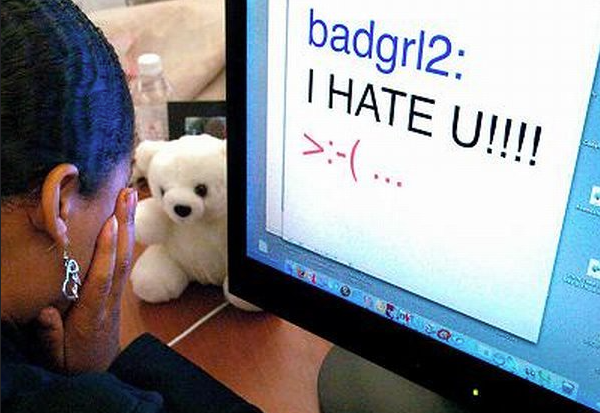When looking at online shaming and the reasons behind online shaming, there are different perceptions of why online shaming occurs. These reasons are things like online “shaming as a form of accountability, the perceived destructive effects of online shaming, the perceived role of anonymity in online shaming, online shaming as a form of entertainment, online shaming involving ‘two sides to every story’, the notion that ‘hurt people hurt people’, online shaming as now a social norm, and the distinction between the online shaming of public and private figures” (Muir, Roberts, Sheridan, and Coleman 2023:1). The perceived role of anonymity is important here when looking at YouTube comments and media, as users can hide their identity behind an account.
Past research has supported the notion that women experience things like online shame, eating disorder recovery, and stereotypes differently than men. For example, men experience eating disorders and recover differently from women (Strobel 2022), which is why this research needs to look at only women YouTube creators as men with male audiences could provide mixed results. In YouTube comments specifically, it has been found that when compared, female YouTubers receive more negative video comments overall, including fewer positive video comments regarding things like personality and video content but more positive comments about physical appearance (Döring and Mohseni 2020). When looking online at content made by males compared to content made by females, it is clear that female content creators experience higher levels of online hate and shaming in general media and on YouTube specifically.
Altogether, there exists a large gap in the literature regarding how perceived weight influences audience reactions to mukbang YouTubers. While current research explores the social, psychological, and cultural dynamics of mukbang videos, there is little empirical work done exploring how viewers’ perceptions of a mukbang YouTuber’s weight impact their engagement and overall reception of the content. By connecting all of the topics found in previous literature, this research works to explore how audience perceptions of a mukbang YouTuber’s weight intersect with topics like body image concerns and online interactions to shape their reactions to the content. This can create more of an understanding of digital media consumption and help create a foundation for a more inclusive and supportive online environment in the realm of mukbang videos.
